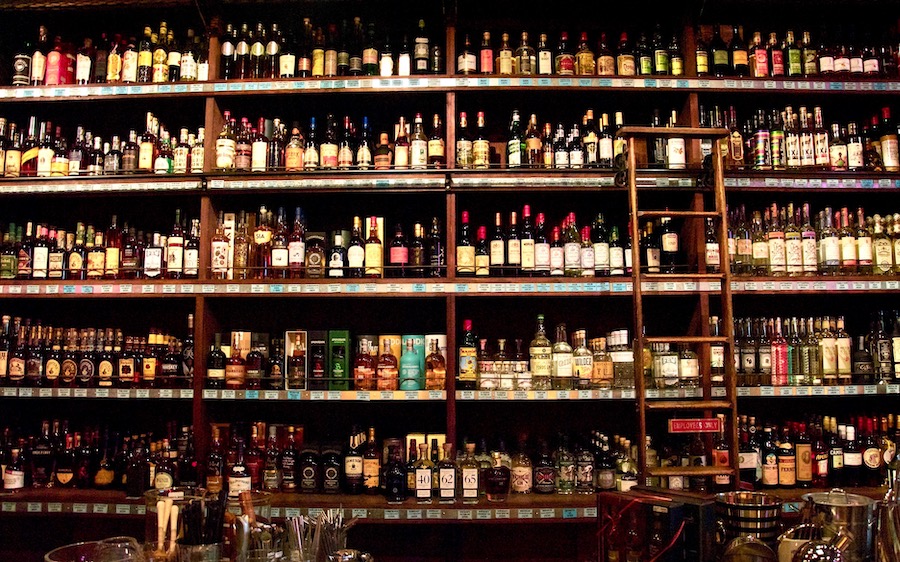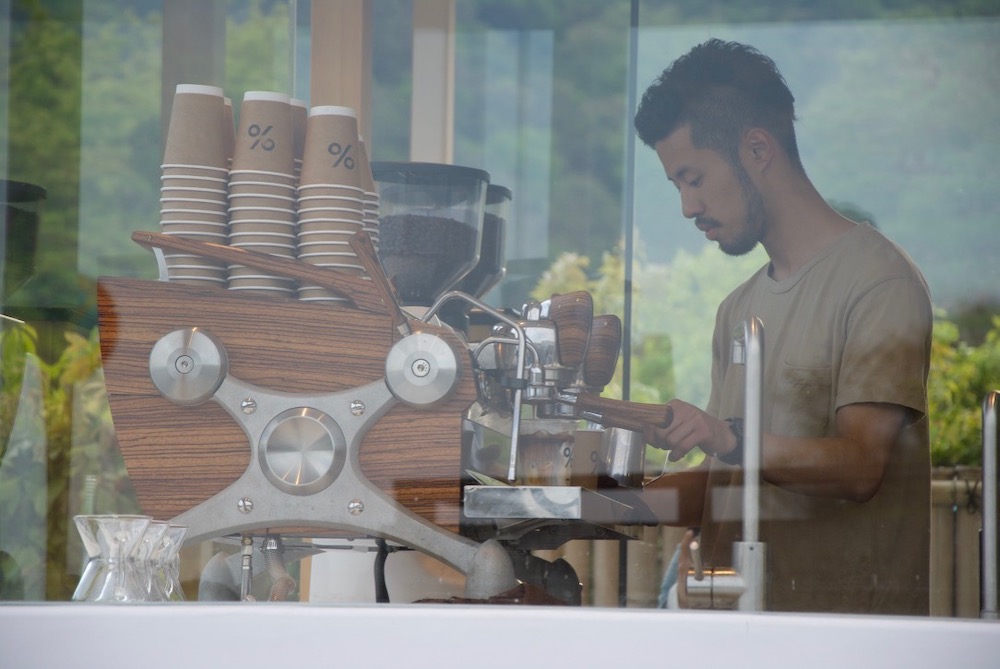As we previously wrote in our Comprehensive Guide to Anxiety Relief, anxious people should avoid consuming excess coffee and alcohol. Or, at the very minimum, alternate drinking a class of water between each cup or glass of the hard stuff. This is because people who are anxiety tend to have genetic markets for increased caffeine sensitivity.
According to age old research published by the Department of Psychiatry at the University of Michigan, anxious people, depressive people, and those with a tendency towards panic attacks all have an increased sensitivity to caffeine. As a result, caffeine increases anxiety in people with anxiety disorders and a tendency to stress.
The link between anxiety and caffeine sensitivity will came as no surprise to people who have ever had one too many cups of coffee, or an energy drink. After a second or third cup, many people experience rapid heartbeat, sweating, increased body tension, and restlessness.
Because body follows mind, each of these physical symptoms increases the likelihood of panicky or anxious thinking.
“Caffeine increases anxiety in people with anxiety disorders.”
Fortunately, if you’d had too much caffeine, there are a few things you can do to mitigate the effect.
Exercising helps decrease the effects of too much caffeine by “using up” excess energy and redirecting the increased blood flow to your muscles, rather than your heart and adrenal glands (which are responsible for the production of stress hormones).
Drinking water can also help “dilute” caffeine stores in your blood. After that, only time will help dissipate the effect.
It takes about 45 minutes for the body to absorb caffeine from one cup of coffee. Then, it takes about 4 to 6 hours for the body to metabolize caffeine and “use it up.”
The Three Levels of Caffeine Sensitivity
Notable research from Harvard has identified three different levels of caffeine sensitivity in humans, according to specific genetic markers.
As summarized by Caffeine Informer, the first level is Hypersensitivity to Caffeine, in which a person can experience caffeine overdose symptoms such as jitters, increased heart rate, and insomnia after consuming as little as 100 mg of caffeine (about the equivalent of 1 normal cup coffee).
For this group of people, it may take twice as long– as much as 12 hours!– for the effects of caffeine to wear off.
Secondly, people with Normal Sensitivity to Caffeine can handle 2 to 4 cups of coffee per day (about 200-400 mg caffeine) with no trouble sleeping. (As long as you drink the coffee before ~3PM.) The majority of all humans fall into this category.
Lastly, people who are Hyposensitive to Caffeine process caffeine so efficiently that they can have almost an unlimited amount of coffee– even right before bed!– without experiencing the adverse effects of caffeine sensitivity.
Only 10% of people are hyposensitive to caffeine. Accordingly, people who fall in this category might consume 5+ cups of coffee per day in order to experience the benefits of caffeine (like increased wakefulness). Caffeine sensitivity is virtually nonexistent for this group.

The Heartbeat Effect of Alcohol
Drinking too much alcohol also has a notable effect on heart rate and anxiety. Long term heavy drinking can lead to increased heart rate, high blood pressure, irregular heart beat, and depressive behavior.
According to research published in the European Heart Journal, over indulging on alcohol, even after just one night of binge drinking, is associated with various forms of cardiac arrhythmia, particularly sinus tachycardia, which is typically defined in adults as a heart rate greater than 100 beats per minute (or bpm).
Alcohol consumption also alters serotonin production in the brain.
Consequently, this change can precipitate or worsen symptoms of anxiety for as much as a day after you’ve stopped drinking. (As a result, alcohol-induced anxiety is now a clinical term.)
To regulate alcohol consumption in order to tamper these (anxiety-inducing) side effects, alternate drinking one class of water after every one or two alcoholic beverages.
Drinking water will not only slow your alcohol consumption, but it will dilute the volume of alcohol that your stomach and liver need to process at any given point in time. Also remember to eat before you drink. Or better yet, try a virgin cocktail or non-alcoholic beer.
Why Coffee and Alcohol Do Not Mix
It may go without that mixing coffee and alcohol is potent combination for both your brain and heart. Irish coffee and other spiked coffee drinks mix what are colloquially called “uppers” and “downers” (e.g. caffeine and alcohol). However, the effects are not neutralized. The combination only amplifies the effects of both!
This is particularly problematic given that many people drink coffee to “sober up” after heavy drinking.
Drinking coffee after alcohol is advisable if you need to stay awake (or, say, drive a car home safely after you’ve sobered up) but it can also wreak havoc on your heart. Consider drinking a cup of water about 20 minutes before your cup of post-alcohol coffee for maximum benefit.
Or better yet, don’t drink so much that you feel you need coffee to bring you back to life.
Still, alcohol and coffee are not the enemy, per se. The healthiest diets on the planet suggest consuming everything in moderation. Anxiety and caffeine sensitivity don’t have to end your love affair with coffee. And the link between alcohol and anxiety doesn’t mean you should never have a glass of wine.
Moreover, you don’t need to eliminate all the caffeine and alcohol from your diet, but the more you know about how these substances are metabolized (and what you can do to facilitate this process,) the better off you’ll be.
***
Related: How to Cure Racing Thoughts at Night, The 7 Best Snacks for Flight Anxiety, and What To Do If You Can’t Afford Therapy.
Spiraling thoughts? Try this genius hack.

[…] Caffeine, as you likely already know, is also associated with elevated heart rates and the kind of hyper-alertness that can precipitate feelings of fluster and anxiety. There’s actually something called “Caffeine-Induced Anxiety Disorder” that does not sound fun at all. See if you can swap your morning espresso for a cup of matcha tea, instead. A cup of matcha has as much caffeine as a cup of coffee but without the jittery side effects. Matcha is a rich source of naturally occurring L-theanine, an amino acid that activates the brain’s alpha waves, which results in a feeling of calm. (Read more about the 3 levels of caffeine sensitivity here.) […]